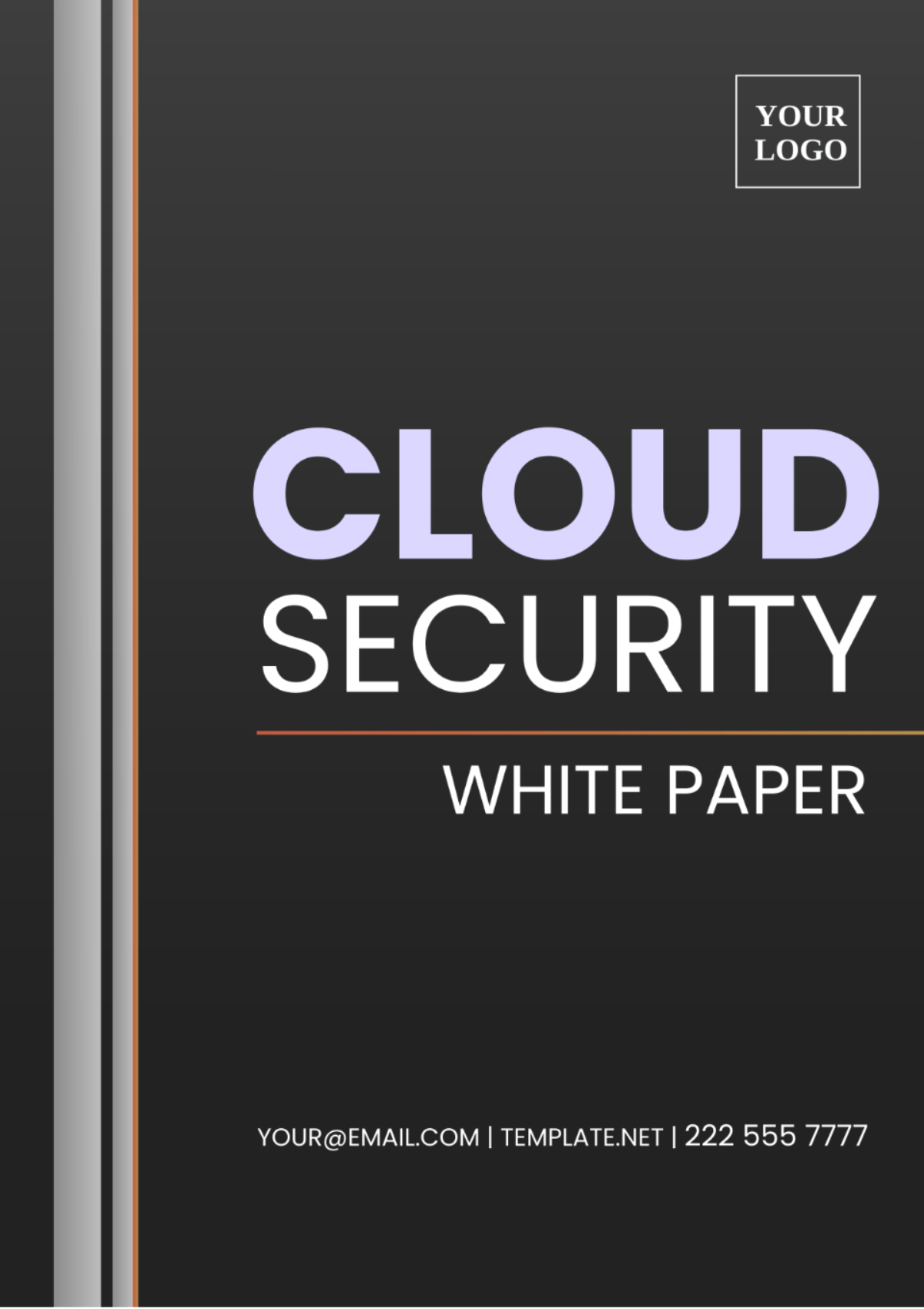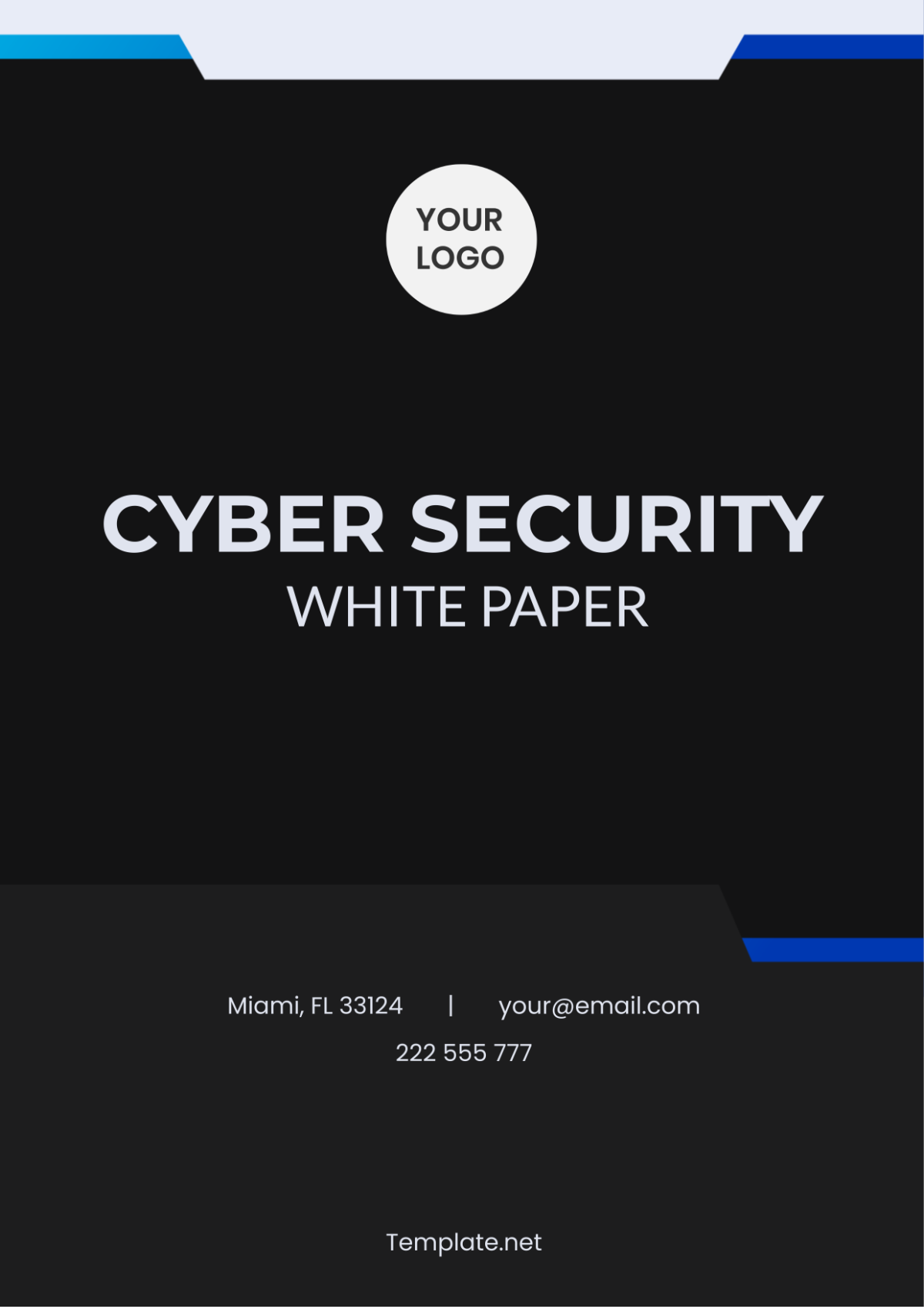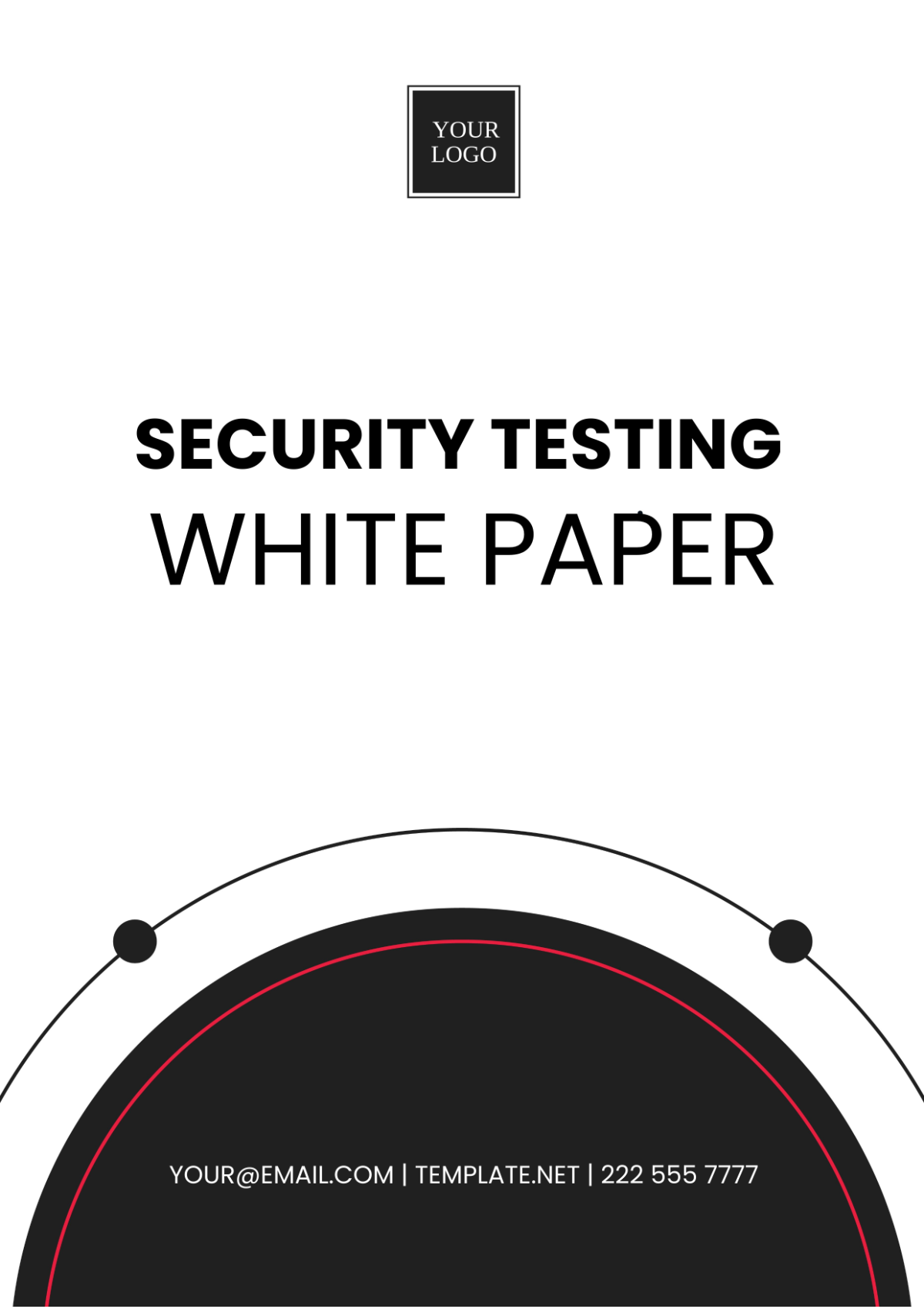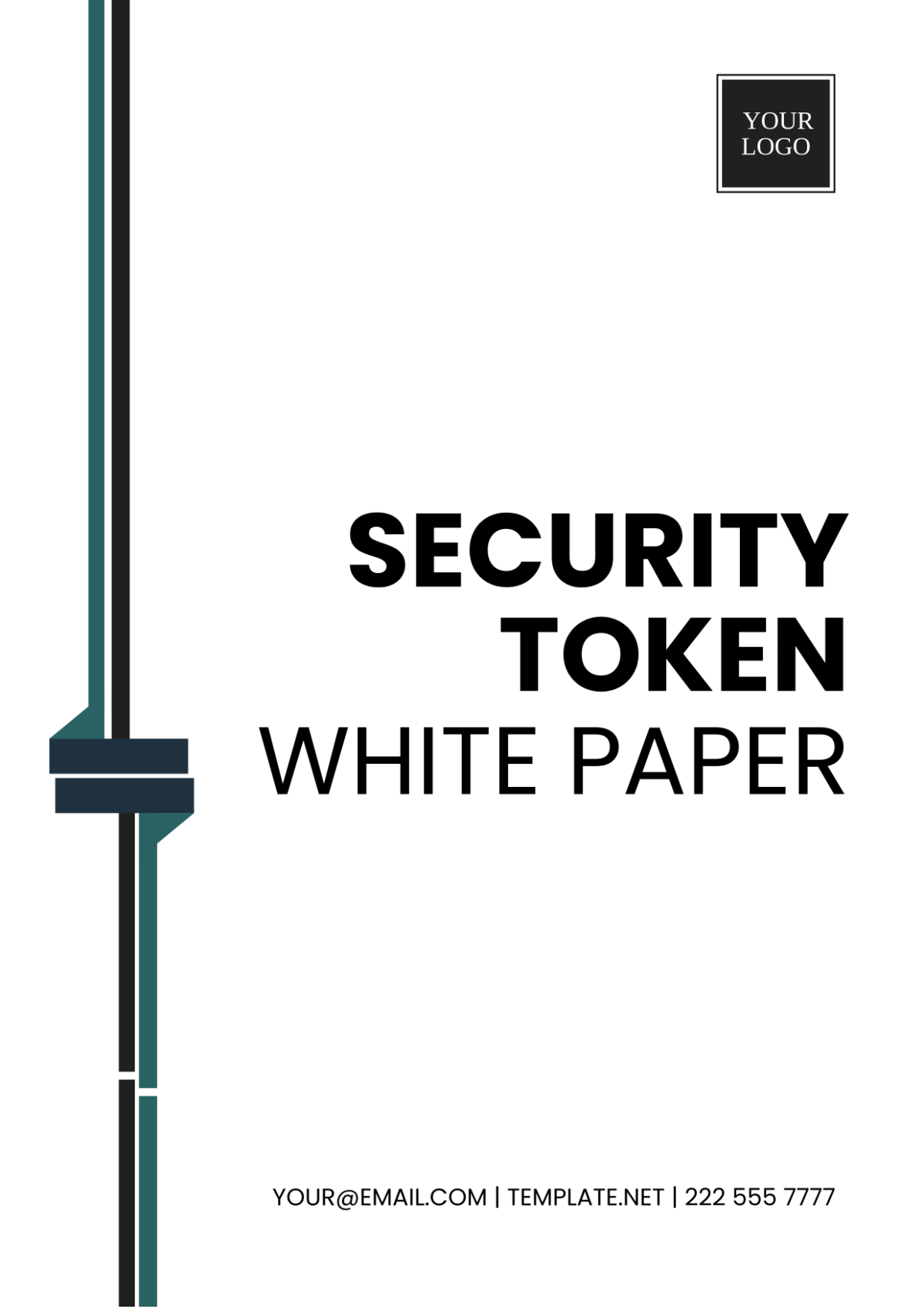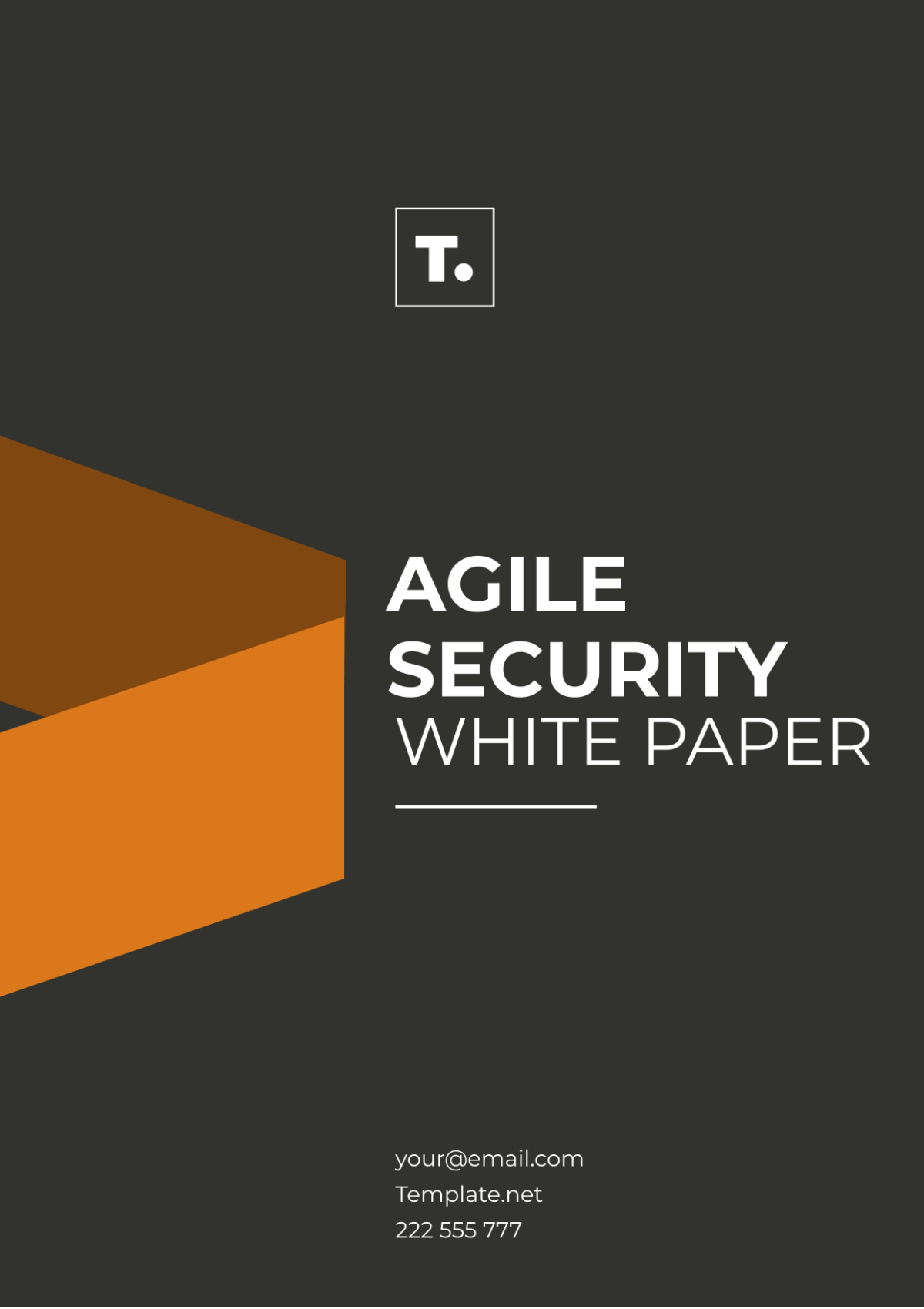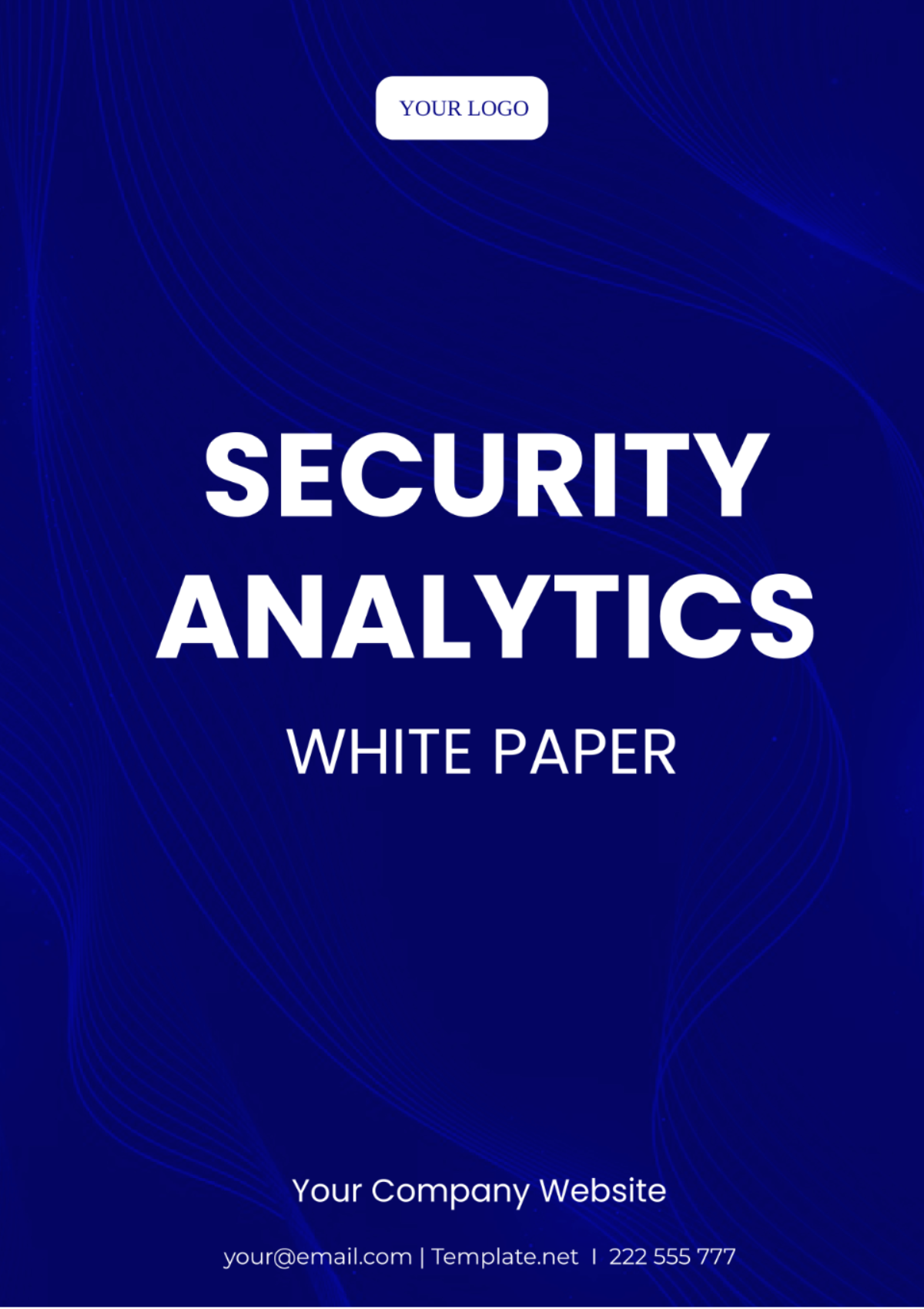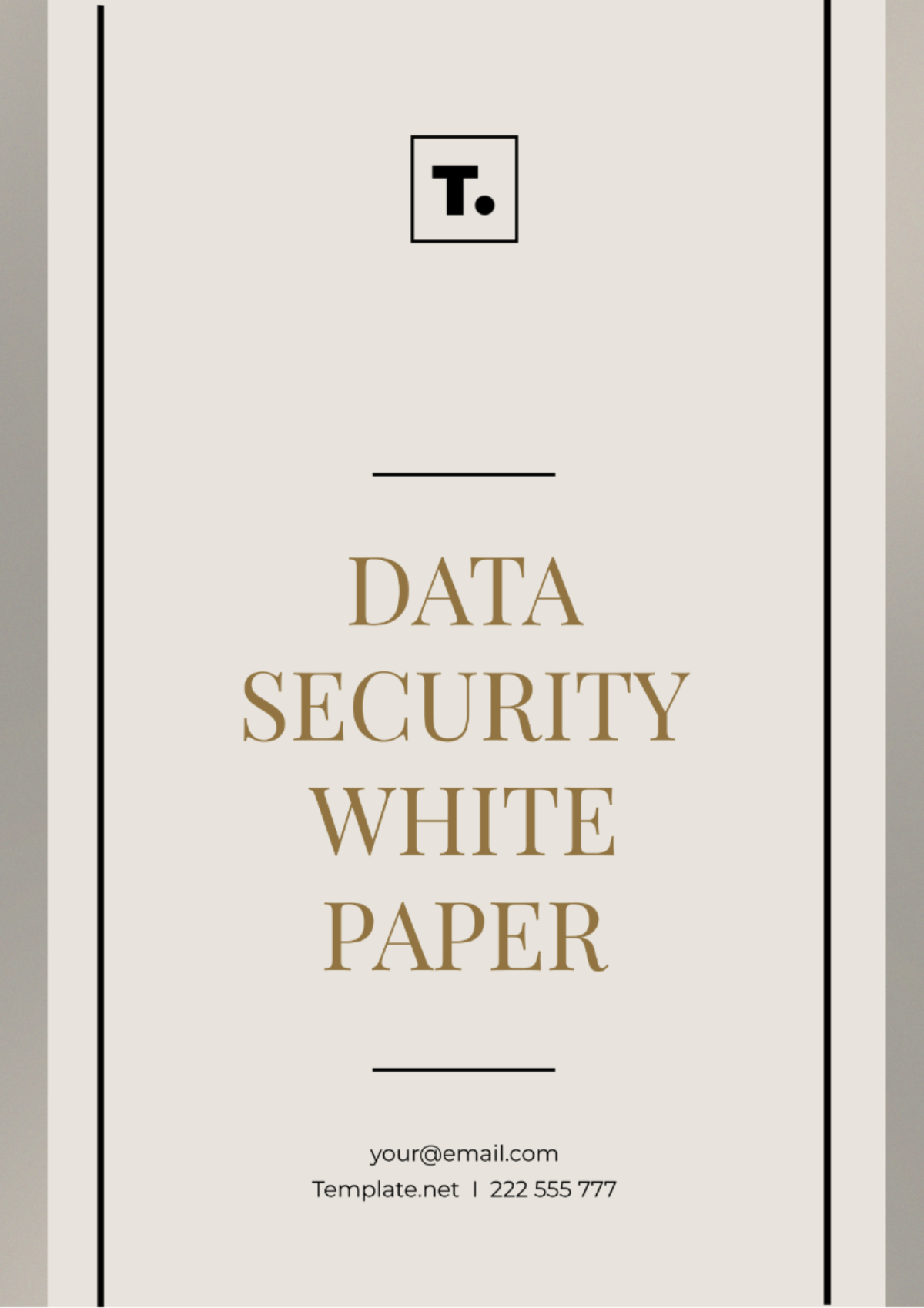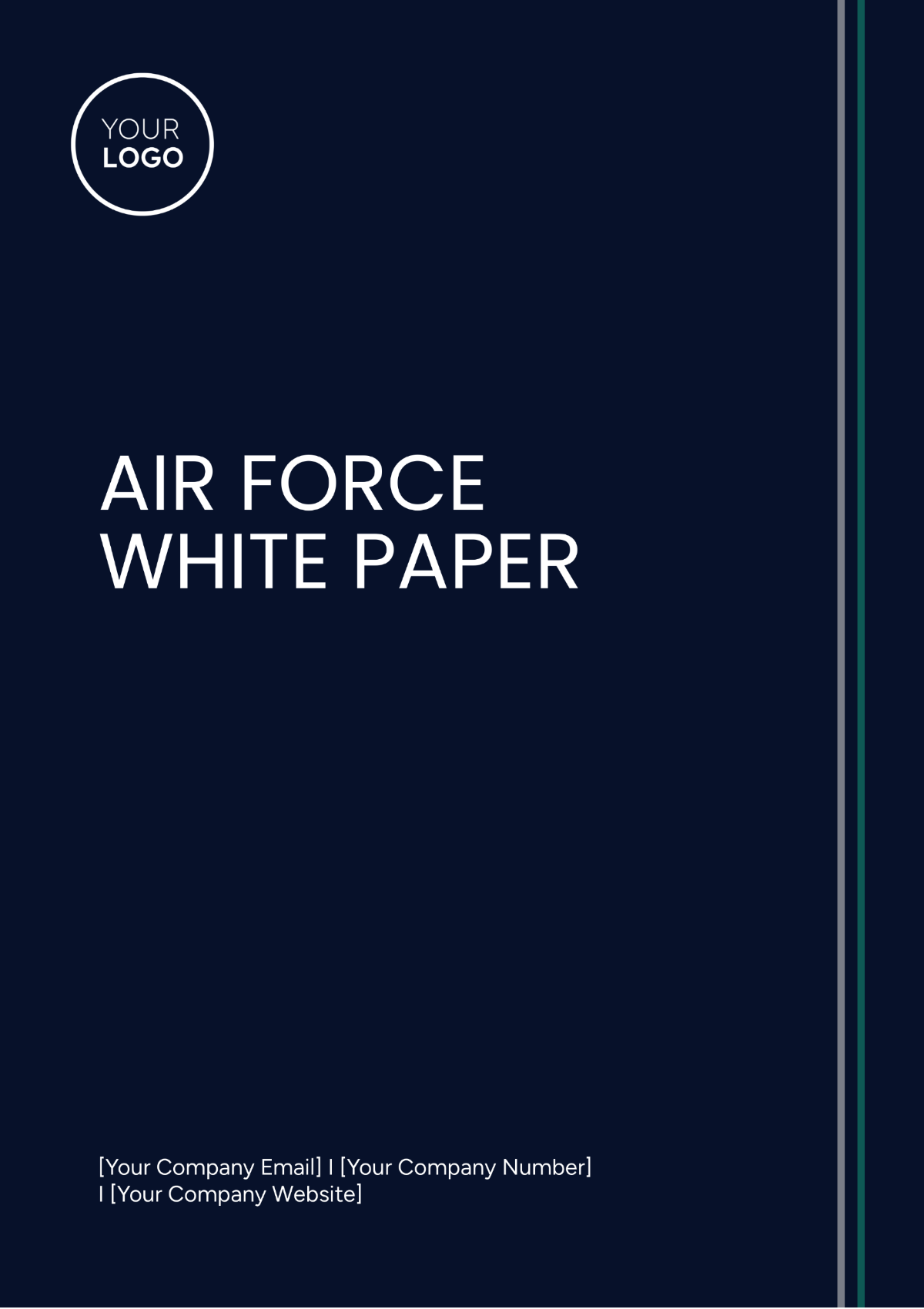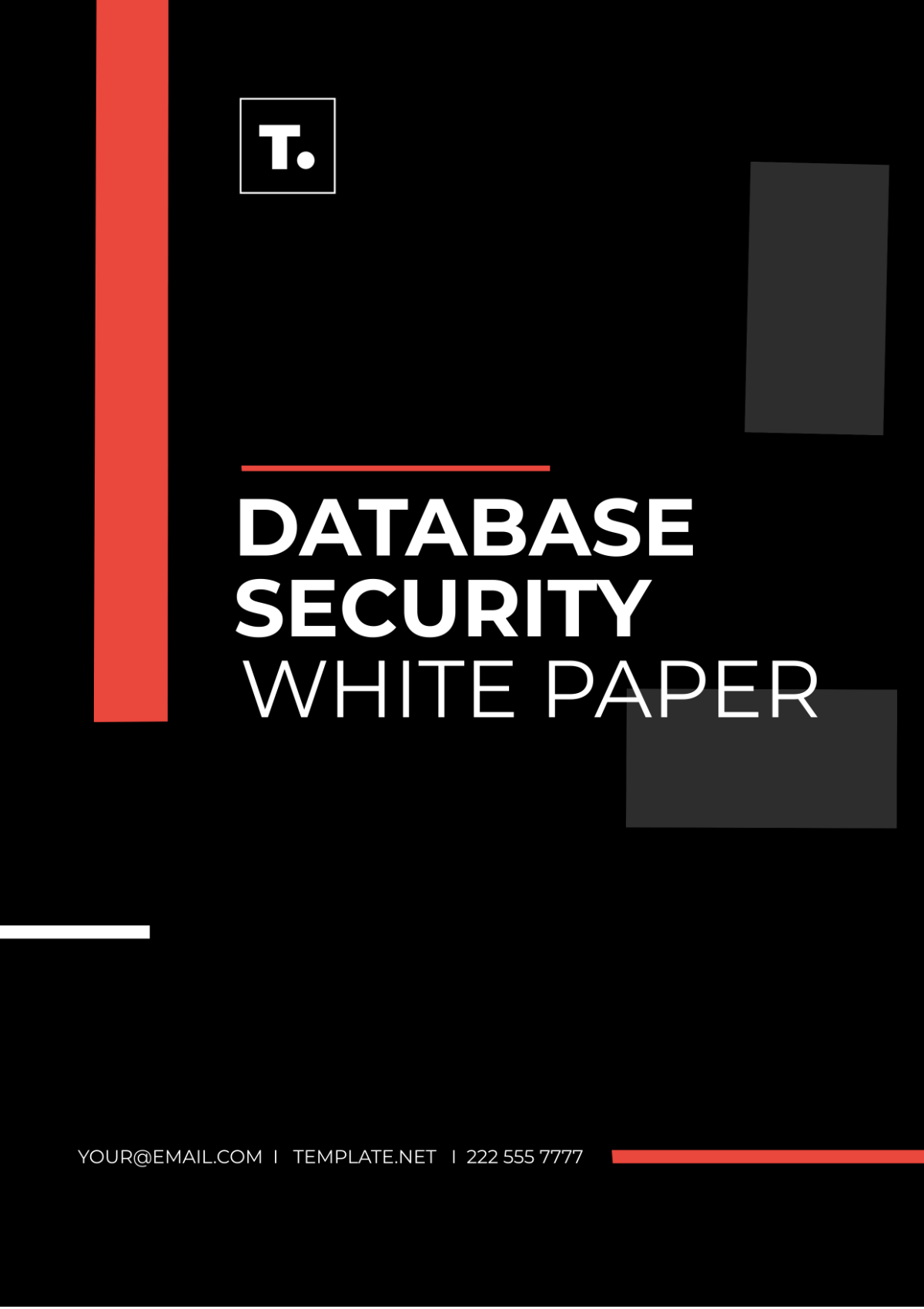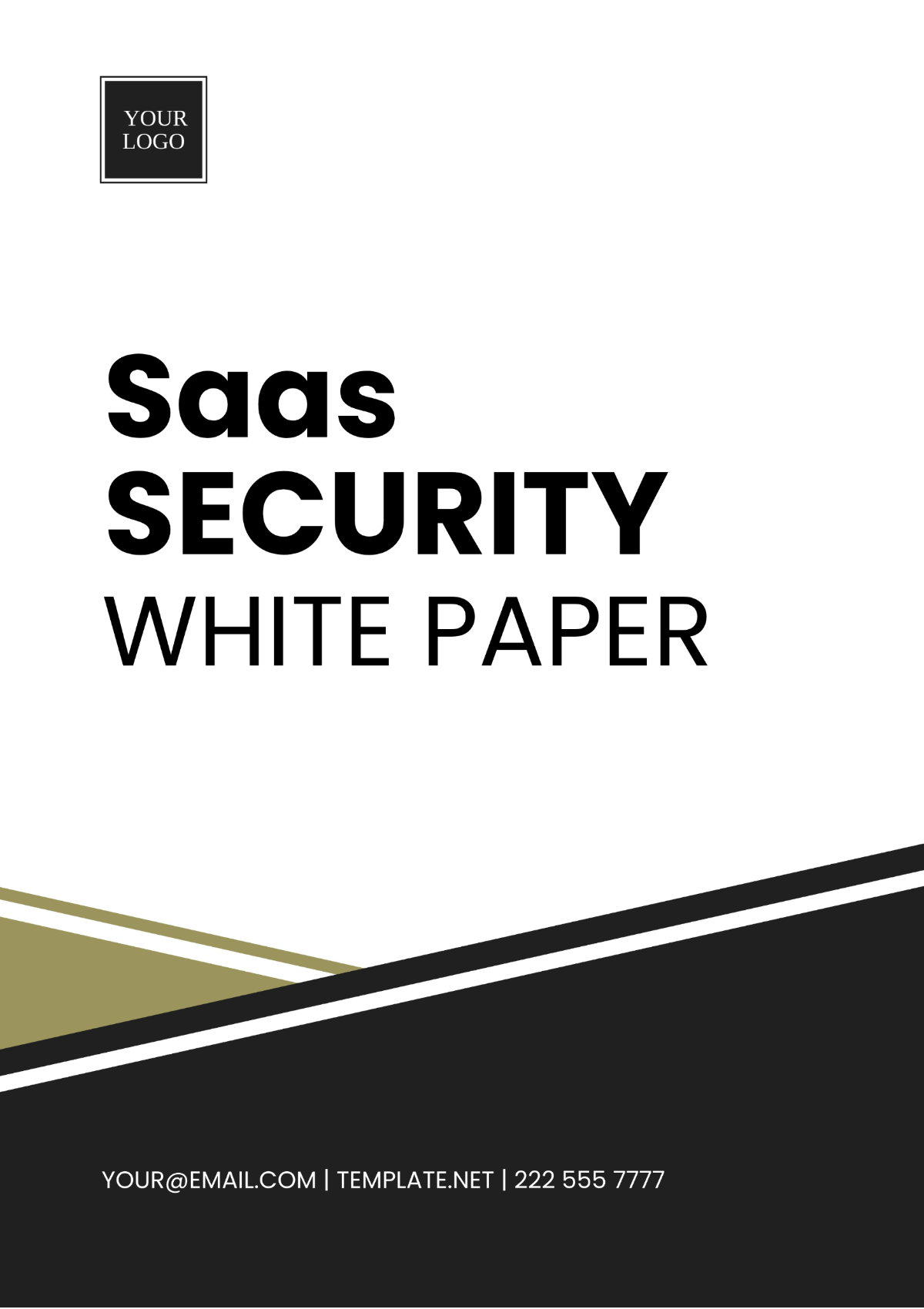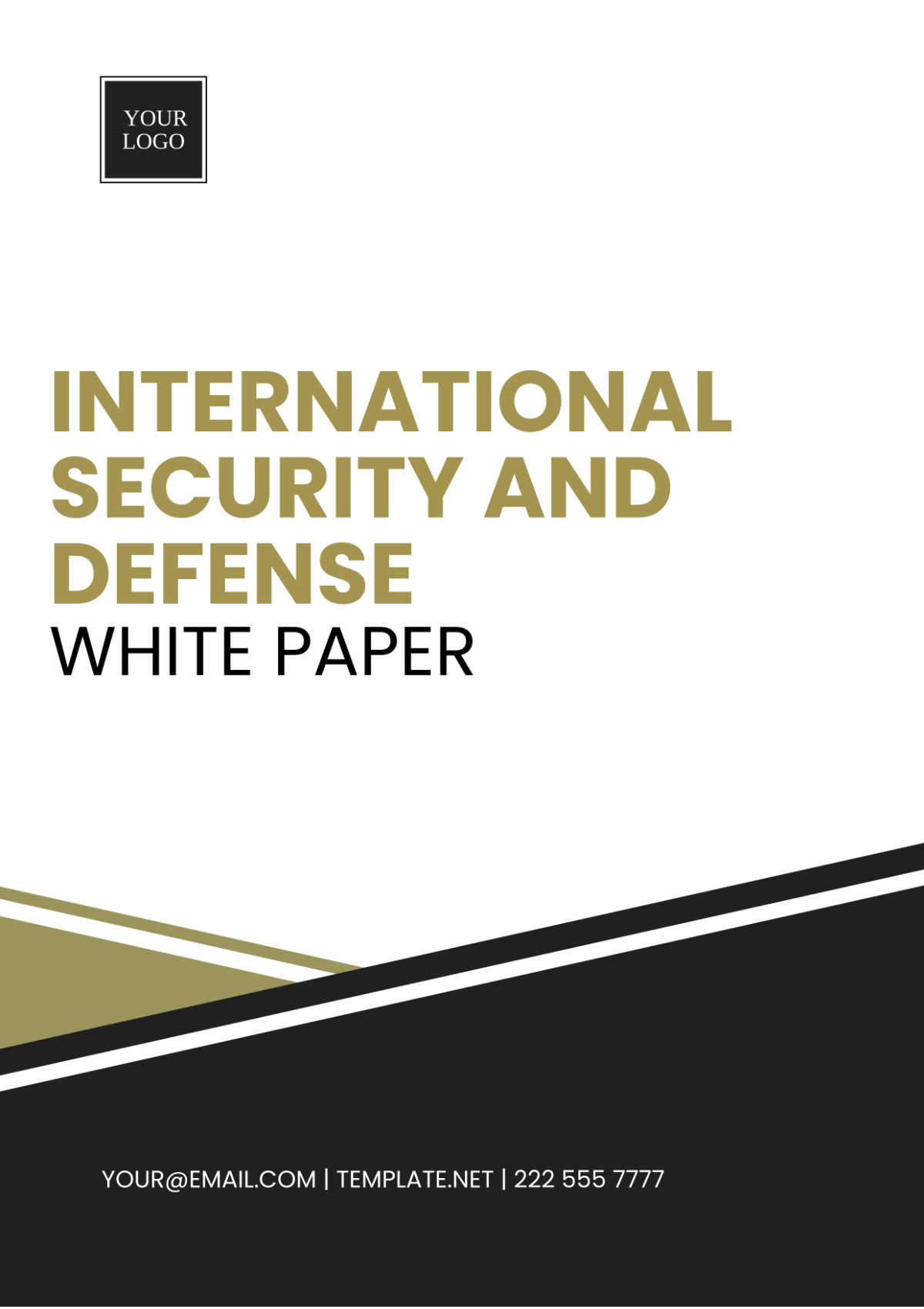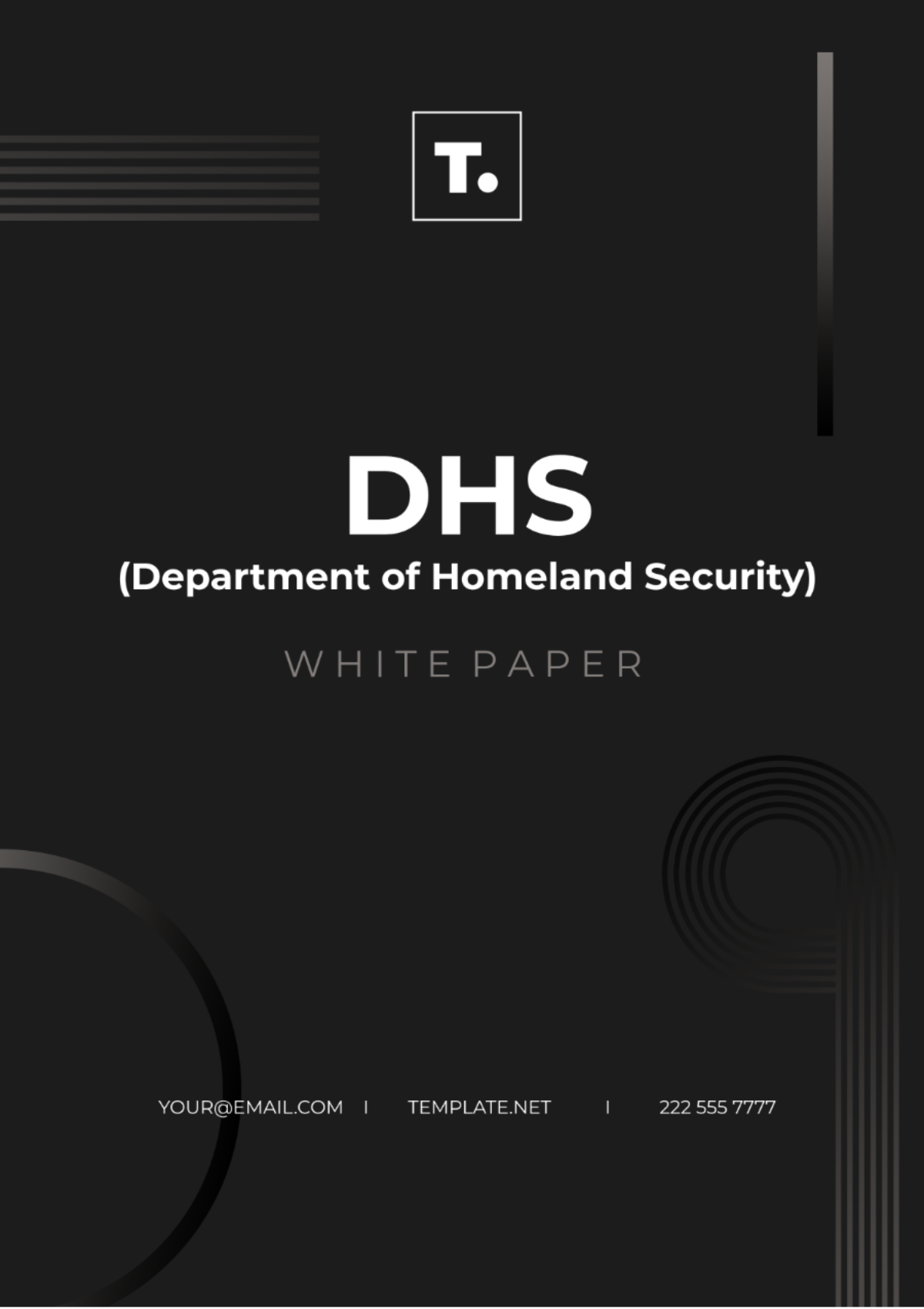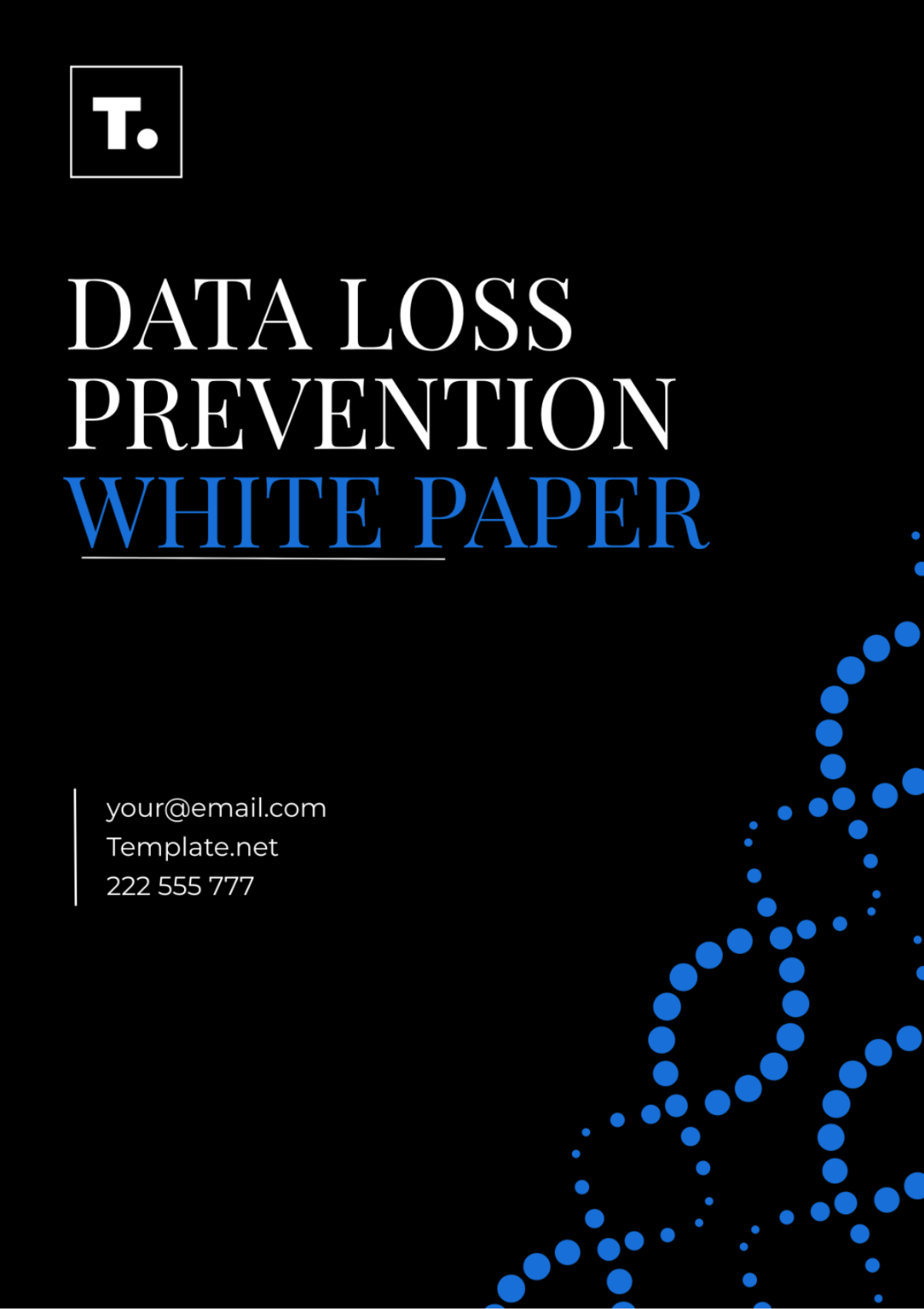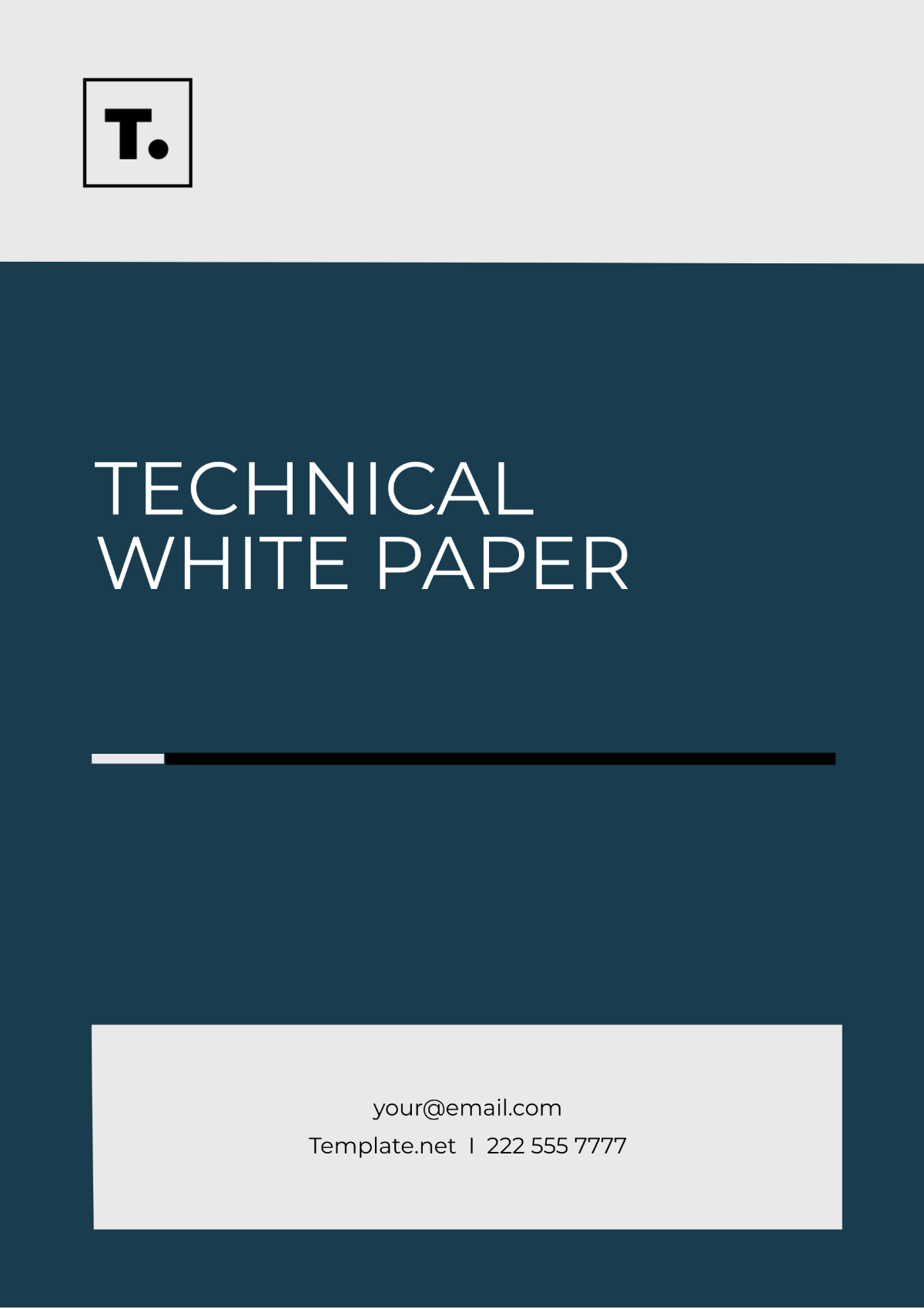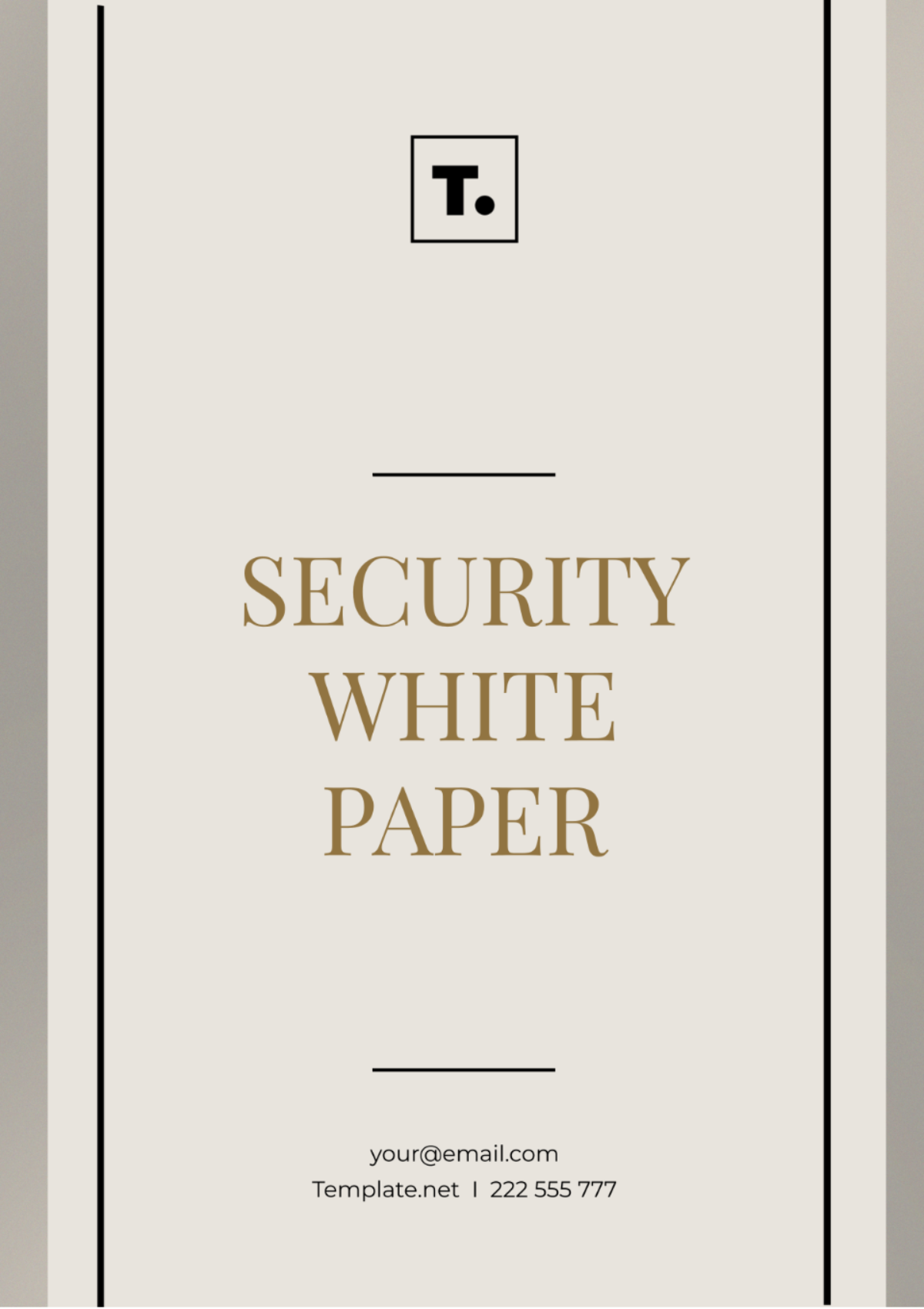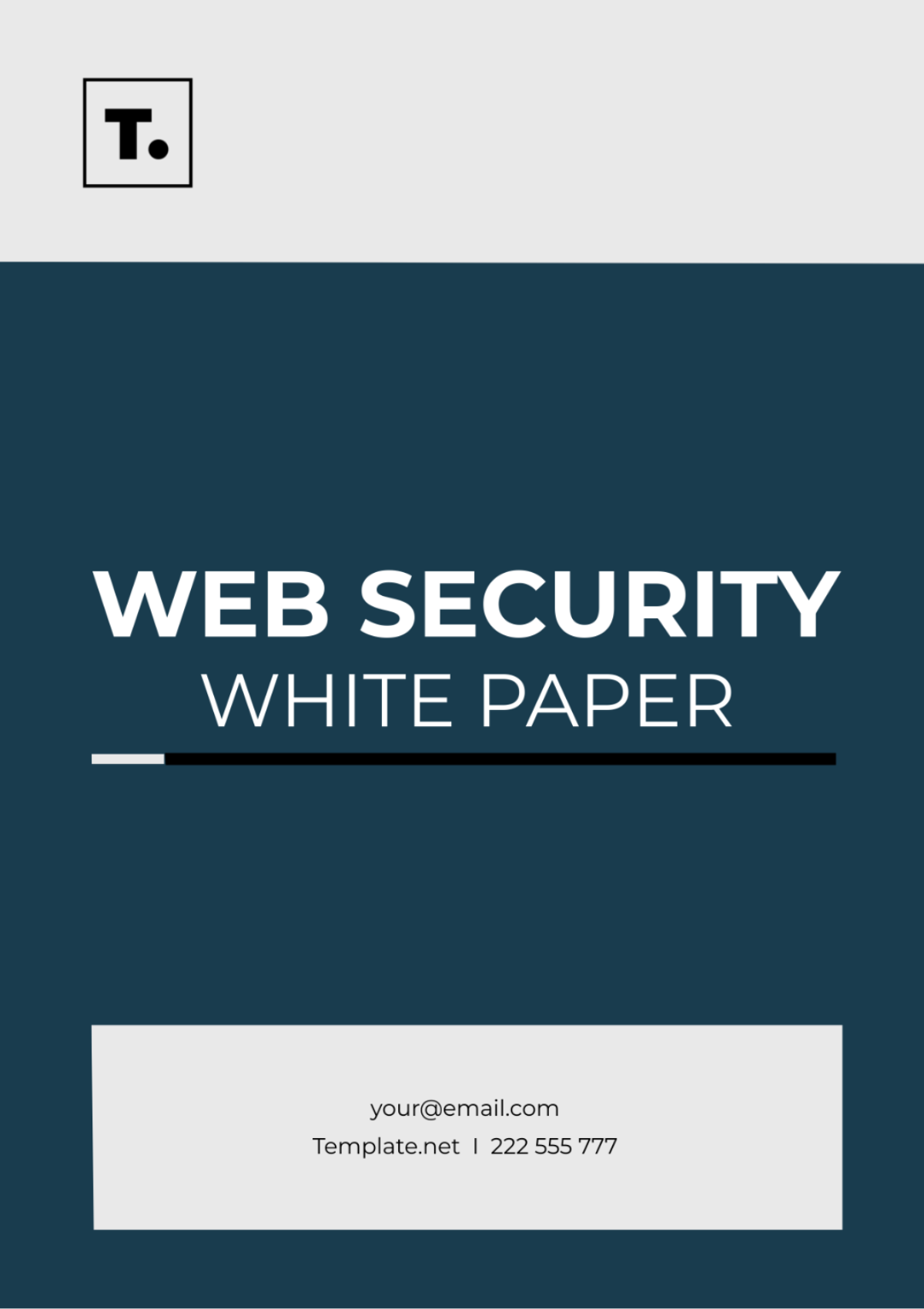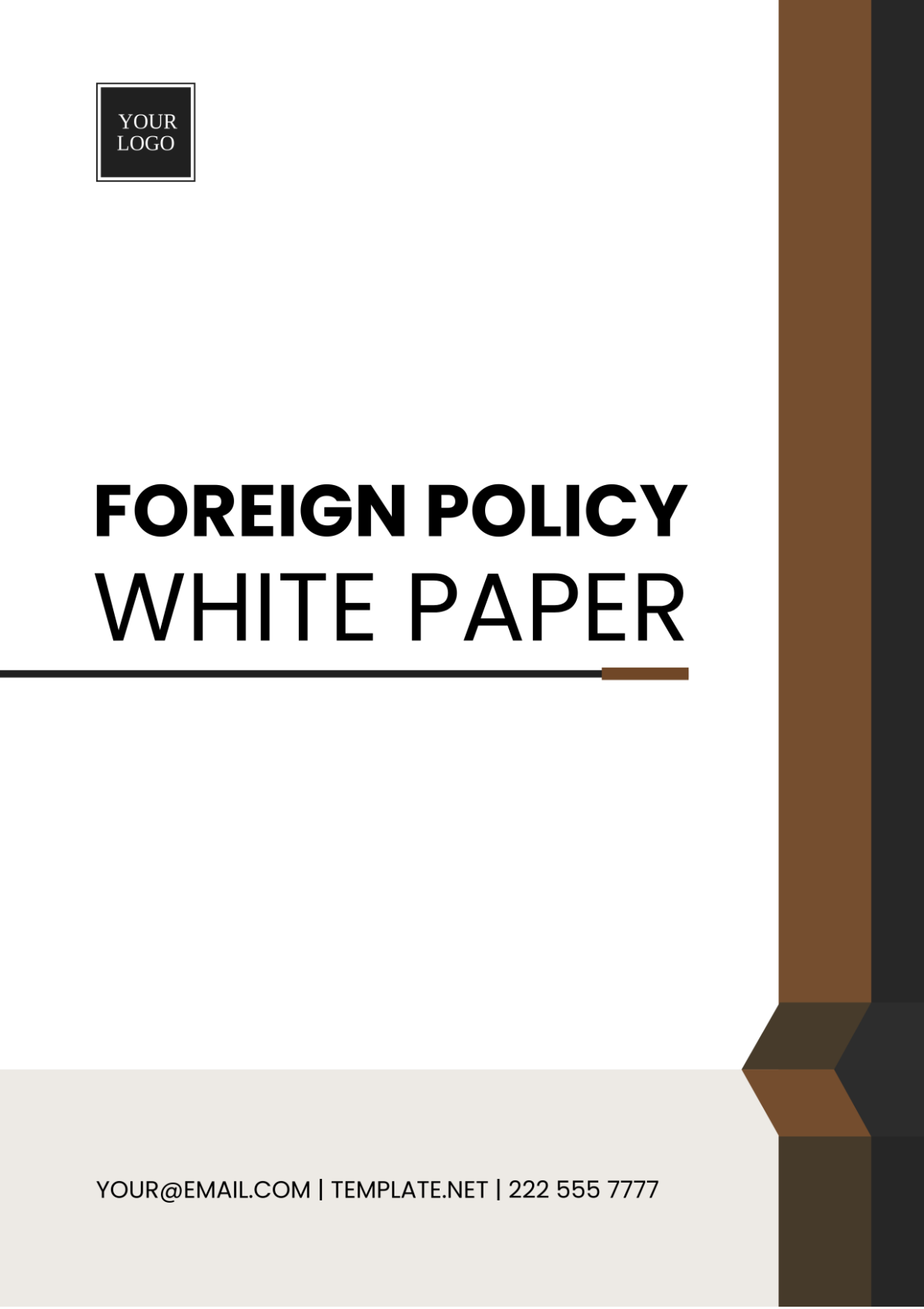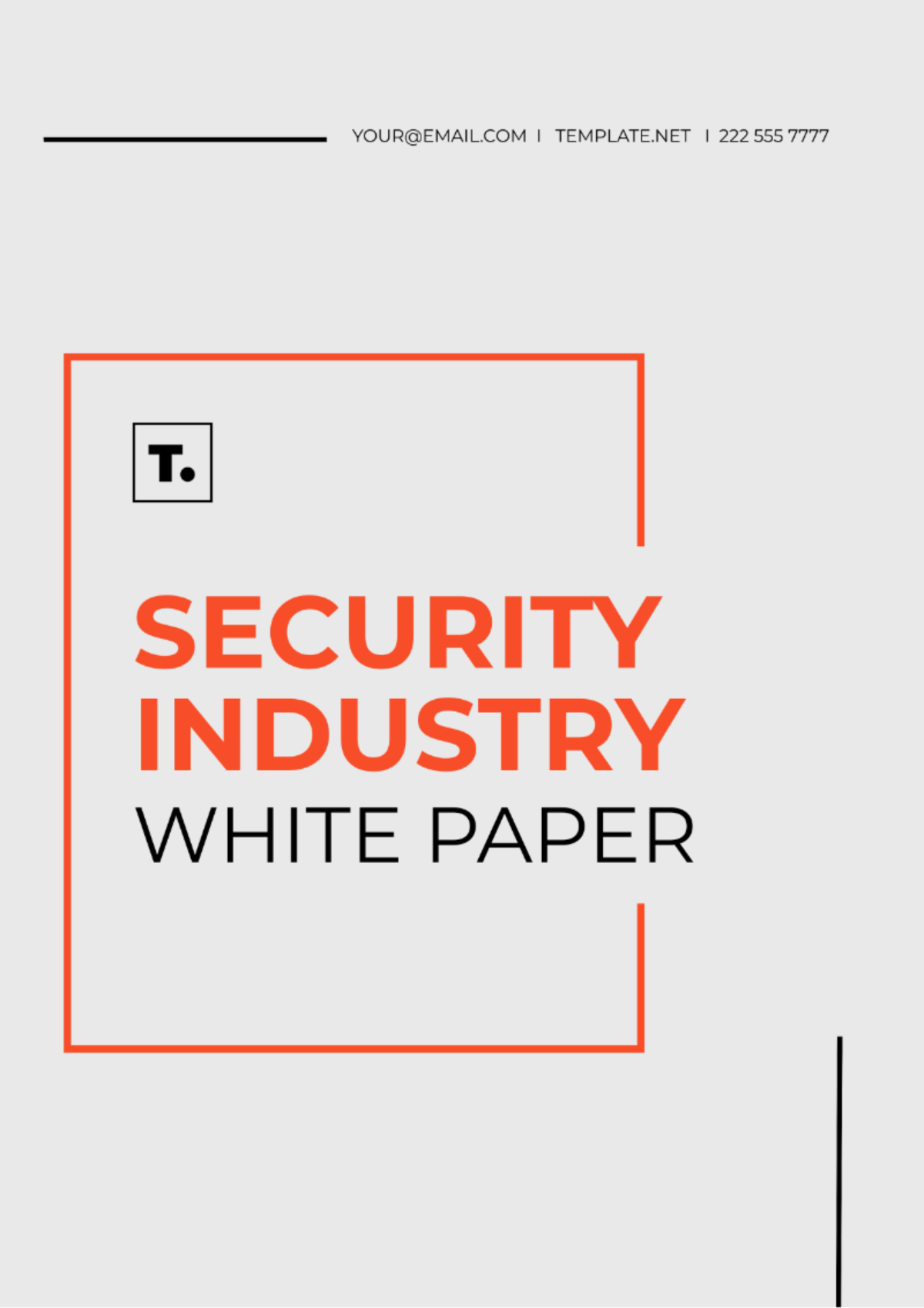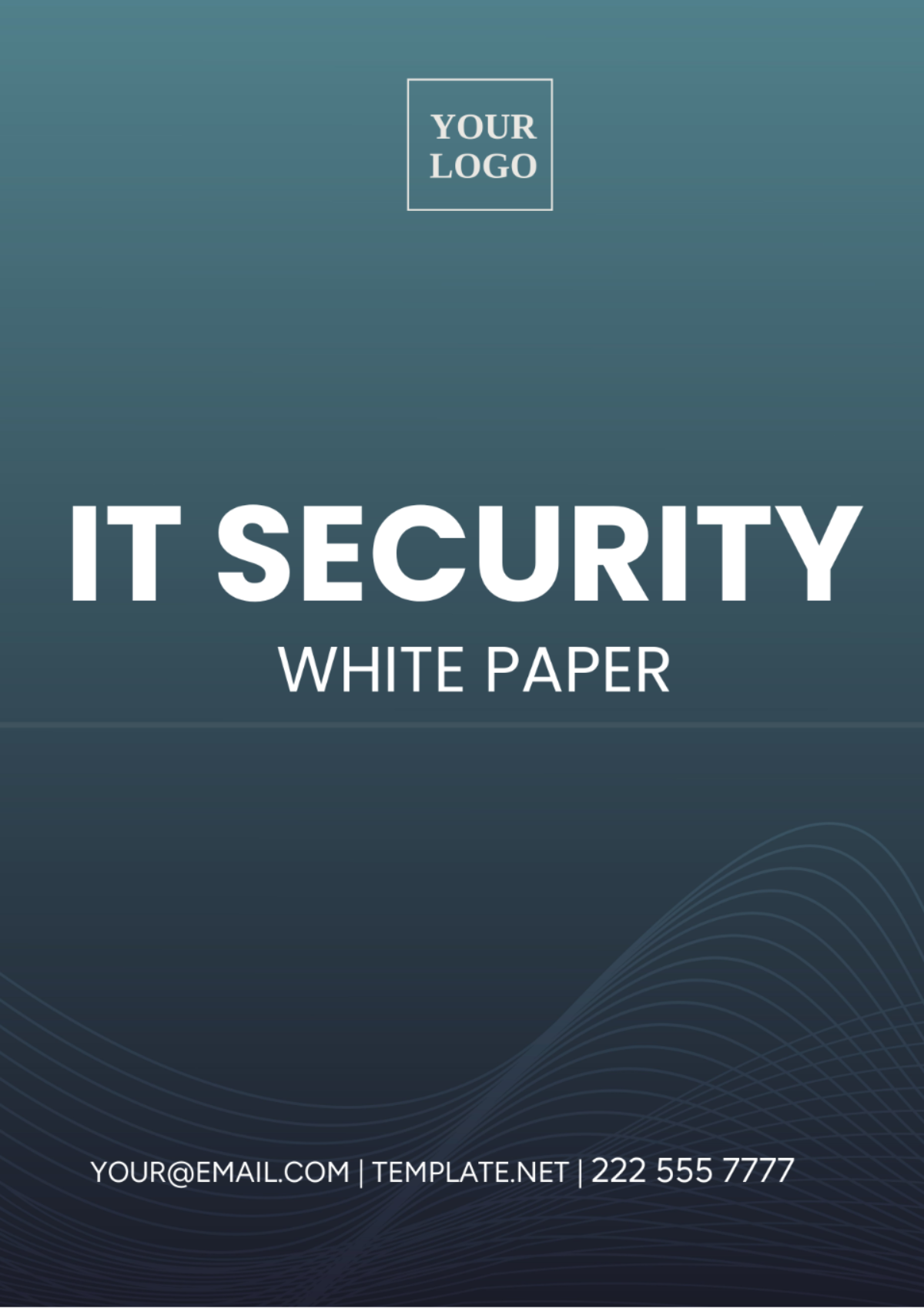CLOUD SECURITY WHITE PAPER
_____________________________________________________________________________________
_____________________________________________________________________________________
Prepared by [Your Name]
Organization: [Your Company Name]
Department: [Your Department]
Date: [Date]
_____________________________________________________________________________________

I. Executive Summary
This White Paper provides a detailed analysis and guide on securing cloud computing environments. It discusses the unique challenges organizations face and proactive measures to address these concerns. The insights are intended for IT professionals, security experts, and decision-makers aiming to enhance their organization's cloud security posture.
II. Introduction
Cloud computing offers numerous benefits, including scalability, agility, and cost savings. However, the shared responsibility model and the dynamic nature of cloud environments pose unique security challenges that organizations must address to maintain data integrity and confidentiality.
This white paper aims to:
Provide a comprehensive overview of cloud security risks and best practices.
Offer practical guidance for securing cloud infrastructure, applications, and data.
Highlight the importance of proactive security measures in mitigating cyber threats.
III. Understanding Cloud Security

Cloud security encompasses the policies, procedures, and technologies designed to protect data, applications, and infrastructure in cloud computing environments.
Data Encryption: Encrypting data at rest and in transit to protect against unauthorized access.
Access Controls: Implementing granular access controls and least privilege principles to limit user permissions.
Network Security: Securing network traffic with firewalls, intrusion detection systems (IDS), and virtual private networks (VPNs).
Compliance Management: Ensuring adherence to regulatory requirements and industry standards such as GDPR, HIPAA, and PCI DSS.
IV. Cloud Security Challenges
_____________________________________________________________________________________
_____________________________________________________________________________________
Title: "Overview of Cloud Security Challenges"
_____________________________________________________________________________________
Identifying and addressing the specific security challenges in cloud environments:
Data breaches and data loss
Insufficient identity, credential, and access management
Insecure Interfaces and APIs
System vulnerabilities
V. Practices and Trends in Cloud Security

To mitigate risks associated with cloud computing, organizations should adopt the following best practices:
Implement robust encryption methods for data at rest and in transit
Regular security assessments and response planning
Adopt a zero-trust security model
Continuous monitoring and logging of all activities
The White Paper outlines several emerging trends that are shaping the future of cloud security, such as:
Machine Learning and AI in threat detection
Increased use of multi-factor authentication
Advancements in cloud access security brokers (CASBs)
VI. Case Studies
Provide real-world examples of successful cloud security implementations:
Case Study 1: [CASE STUDY TITLE - COMPANY A]
Case Study 2: [CASE STUDY TITLE - COMPANY B]
Case Study 3: [CASE STUDY TITLE - COMPANY C]
VII. Implementing Cloud Security Solutions
_____________________________________________________________________________________
Title: "Cloud Security Implementation Process"
_____________________________________________________________________________________
A step-by-step guide to implementing security measures in your cloud deployment:
Assessment of current security posture
Identification of key assets and their corresponding security needs
Selection and implementation of cloud security tools and services
Training and awareness for all stakeholders
VIII. Conclusion
This White Paper has explored the expansive scope of cloud security, providing insights and frameworks intended to guide [YOUR COMPANY NAME] in safeguarding its systems. As the landscape of cyber threats evolves, so too must our strategies to combat them.
_____________________________________________________________________________________
White Paper Templates @ Template.net
